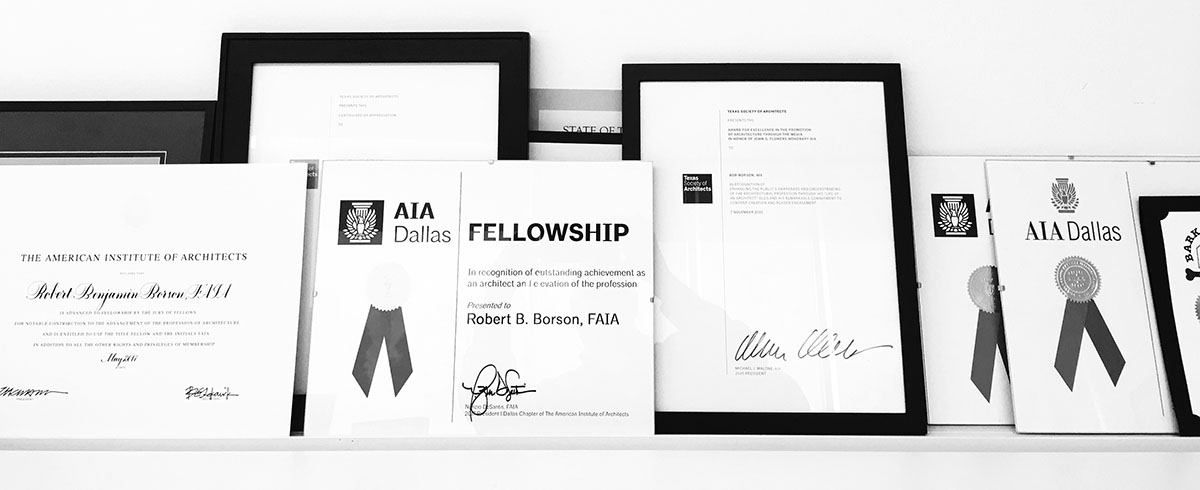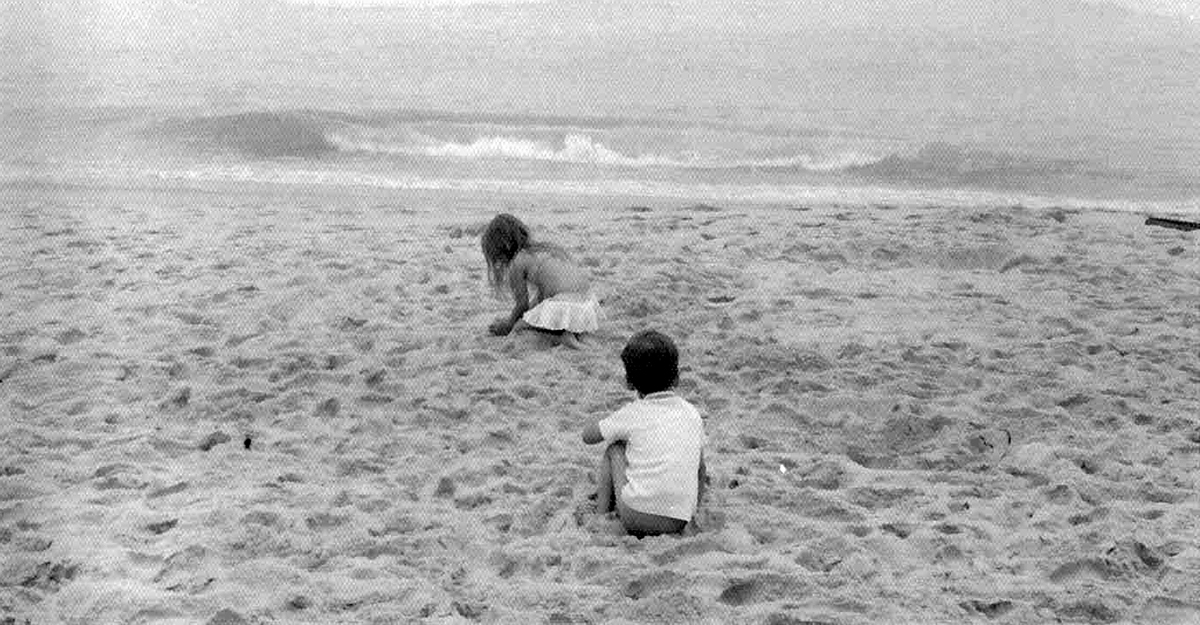Right out of the gate I’m going to say that you have to craft your own particular description of what work-life balance means in order to achieve it. It has been incredibly interesting to see how the emails and questions relating specifically to this topic have exponentially increased over the last 4 years, and I am at a loss as to why they are specifically coming in now. One of the items that I think is contributing to this current work-life malaise is based on how good the economy is currently for the architectural profession. There is no shortage of opportunities out there, finding the appropriately skilled people is hard, and as a result, employees are being asked to do more.
Another consideration of what is contributing to this conversation is the COVID/work-from-home hangover. Employees have become accustomed to the flexibility that is frequently associated with working from home and as many firms start coming back into the office, there are some people that are very unhappy about the loss of this unintentional benefit. We have spent a lot of time and effort discussing this matter, even in my own office, and it has turned out to be one of the more nuanced conversations I’ve ever been a part of …
Money is also an important consideration when any standard concept of work is being discussed, but if we are talking about finding a work-life balance, money is a means to an end and not the end goal for those seeking this balance. I have done an unreasonable amount of reading on this matter as I thought about writing this post in my effort to work through and understand the position that might not necessarily be in alignment with my own definition. I have chosen to break my own definition of balance down into three basic categories, and these three silos of consideration are the way that I evaluate my behavior and position as I navigate my life.

Fulfillment
The main question is “Does it bring me satisfaction for the time and effort I am investing?” The answer to this question falls into the fulfillment category and it has evolved over the years and is relegated to the highest spot on my list because it is the thing that motivates me to work through things that, ironically, do not always bring me happiness. I am a believer in any job worth doing is worth doing to the best of your abilities but I will concede that I have to do a lot of things I don’t want to do. How do you push through them? My ability to reflect upon a completed task and take pride in the work that was accomplished is what I need in order to perform. The flip side to this is asking the question “Why?” before I start working on one of these undesirable tasks. If I can’t answer the why within my three silos, I try avoiding the task, at least until I understand it better.
Fulfillment is the first consideration on my list because it has the broadest reaching consideration. Almost all the things that would contribute to me achieving balance in my life fall into this category.

Money
Let’s be honest for a moment and acknowledge that money is a tremendous motivator of behavior. At different stages of my life, I have modified my trajectory based on the finances associated with a particular decision. For the most part, I am lucky in that I have not ever been in a position that I had to decide between sleeping indoors or in my car, so I have just been focusing on the quality of my life and what is important to me. I have rarely changed jobs simply to receive a higher paycheck, and the one time I specifically did just that, I had tremendous regrets – which I discuss in length in the post “Golden Handcuffs – A Lesson Learned“.
This singular lesson has shaped my behavior for the last 22 years of my life. I was just 5-years into my career and I learned one of the most valuable lessons I’ve ever experienced. The way that I evaluate money is whether or not it is what I need to make the other two silos a possibility. No more and no less.

Happiness
There are times when I think “happiness” should be first on my list, but my upbringing has instilled in me that happiness is typically a pursuit and not an eternal state of existence. I have moments of happiness almost every single day, but that does not mean I am happy. It would appear that in the emails I receive from people looking to find their own version of work-life balance, their evaluation is based first and foremost on achieving happiness – a supposition that is inherently flawed. There are moments in life when it would be inappropriate to be happy, but more often than not, people associate a lack of happiness with something being wrong. I could go down a rabbit hole about the importance of using all the emotions we have at our disposal and how growth and development happen at periods defined by almost anything other than happiness, but we already know these things.
Emotions other than happiness frequently act as motivators – we should listen to them. It is because I realize all these things that the moments of happiness I do experience are that much richer for me. I don’t expect them, they are not a guarantee, and only the pursuit of happiness is a right.
The Perspective of Work-Life Balance
So now that we’ve established the devices through which I define my own work-life balance, what does that mean when speaking to others about achieving their own work-life balance?
The thing that almost always puts me in a twist with (typically) younger people is when I can’t evaluate their decisions and behavior based on my own silos of consideration. The nature of my relationship with these people tends to be work-related and normally I am trying to decide who gets recommended for promotion, or a raise, or additional consideration for how they might fit within the long-term strategy of the firm … all of which is perfectly reasonable given the role that I have professionally.
I recently said the following:
“If you are motivated to experience success in your career, you are not going to have work-life balance. … First, I want to go on record to say that I absolutely agree that finding balance in your life is important. I want you to be happy – work on your mental and physical well-being. These things matter and I am going to acknowledge on record that they are important … but please realize that all the good things that come from working your a$$ off are less likely to happen for you. Nobody continues to receive raises and promotions by doing only what is expected of them. I only bring this up because unsurprisingly, professional growth and making a bigger salary are huge motivations for people.
While I still believe this to be a true statement, it is only my version of work-life balance. This comment was hyper-focused on people that seemingly want something without having to go through the additional effort typically required to achieve something above or beyond what everyone else is doing. HOWEVER … this does not mean you can’t have a work-life balance. I am only saying that all things come at a cost and you have to determine what matters to you and what you are willing, or not willing as is sometimes the case, to achieve them. If working a lot does not support your definition of balance based on the manner in which you choose to define it, then, by all means, don’t work a lot … but don’t be indignant when others pass you by.
Purportedly, Confucius said: “Choose a job you love and you’ll never have to work a day in your life.” This statement is really just an argument for how you perceive “life” and “work”. Finding your passion and meaning by choosing the right profession that fulfills you will go a long way towards achieving that healthy work-life balance.
Good luck,

If you want to gain some additional perspective on this topic, here are a few books that will help:
Built to Last: Successful Habits of Visionary Companies
Drawing upon a six-year research project at the Stanford University Graduate School of Business, James C. Collins and Jerry I. Porras took eighteen truly exceptional and long-lasting companies and studied each in direct comparison to one of its top competitors. They examined the companies from their very beginnings to the present day — as start-ups, as midsize companies, and as large corporations. Throughout, the authors asked: “What makes the truly exceptional companies different from the comparison companies, and what were the common practices these enduringly great companies followed throughout their history?”
Filled with hundreds of specific examples and organized into a coherent framework of practical concepts that can be applied by managers and entrepreneurs at all levels, Built to Last provides a master blueprint for building organizations that will prosper long into the 21st century and beyond.
Off Balance: Getting Beyond the Work-Life Balance Myth to Personal and Professional Freedom
The research upon which this book is based shows overwhelmingly that people want satisfaction much more than they want balance. And yet, one of the dominant topics in the area of personal and professional development for the past twenty years has been work-life balance. The beautiful thing about satisfaction is that you know when you have it, and you know when you don’t. Do you have it? Short, insightful, and life-changing, Off Balance gives us all the tools we need to go to sleep every night knowing who we are, what matters most, and that our lives make sense.
